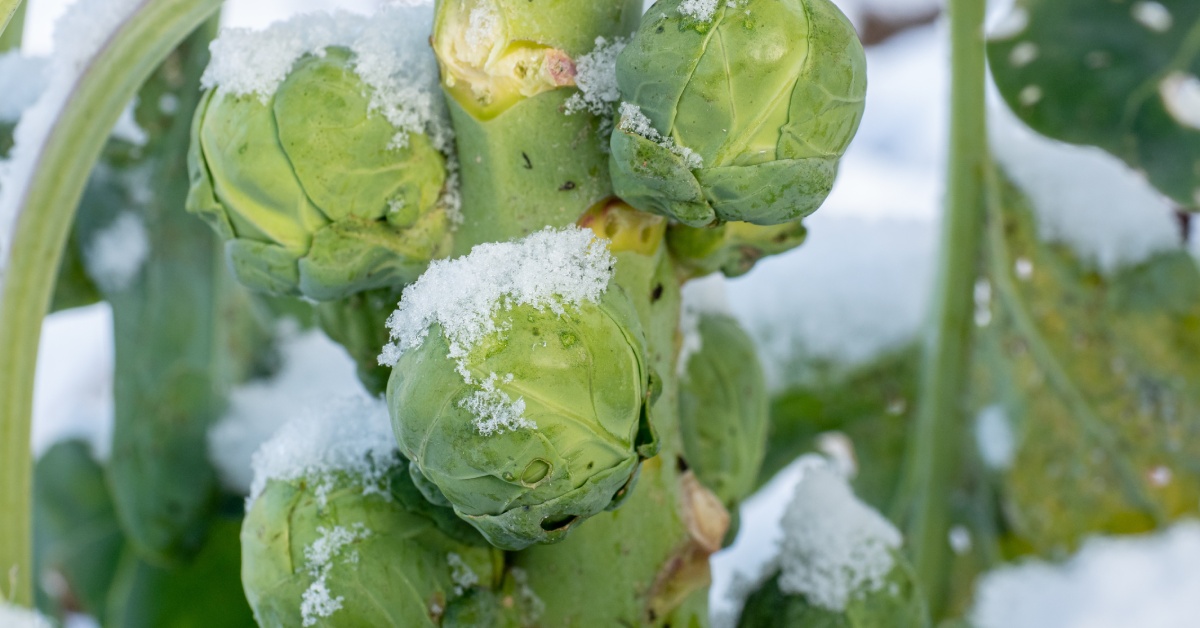Cold temperatures, short days, and the potential for frost and snow during winter can create daunting conditions for even the most experienced growers. However, with the right strategies and knowledge, these challenges can become opportunities for a successful harvest.
These tips to grow strong crops during the winter will ensure your plants survive and thrive throughout the coldest months of the year. From selecting hardy crop varieties to implementing effective soil management practices, these will help you cultivate a rich, bountiful harvest when the warm weather arrives.
Preparing the Soil
Winter soil preparation is crucial as it sets the stage for a healthy growing environment. Begin by clearing any remnants from previous crops and removing weeds that can compete for nutrients. Incorporate organic matter like compost to enhance the soil structure and fertility. Ensuring good drainage is important, as excess moisture can lead to root diseases. Mulching is a valuable practice that helps regulate soil temperature and retain moisture, protecting your crops against the cold.
Utilizing Season Extension Tools
Leveraging season extension tools can significantly enhance your ability to grow crops during the winter. Cold frames, row covers, and greenhouses effectively protect young plants from harsh weather while maintaining the warmth needed for growth. These tools extend the growing season and act as a barrier against pests. Choose the coverage that best fits your setup and budget, considering that insulation and ventilation are key to preventing overheating and ensuring robust plant health.
Selecting the Right Crops
The foundation of a successful winter garden begins with selecting crops suitable for cold weather. Heirloom crops that thrive in challenging climates can be a solid choice because of their resilience and adaptability. Focus on hardy varieties such as kale, spinach, and Brussels sprouts, known for their ability to withstand lower temperatures. Research specific varieties bred for cold tolerance to ensure a higher success rate in your winter garden.
Managing Light and Temperature
During winter, daylight hours are shorter, and temperatures often dip below ideal levels for many crops. Supplemental lighting can be beneficial in offsetting the lack of natural sunlight, especially for plants grown indoors or in greenhouses. Focus on providing rich light in the red and blue spectrums, which are vital for photosynthesis. Monitor temperature fluctuations closely and employ heating systems if necessary to maintain a consistent, optimal environment for growth.
Implementing Efficient Watering Practices
Proper watering during winter is critical, as overwatering and underwatering can harm delicate crops. Plants generally require less water during colder months but still need consistent moisture. Water early in the day evaporates excess moisture, reducing the likelihood of fungal diseases. Make sure to water the base of the plants rather than the foliage to prevent any freeze damage.
Following these tips to grow strong crops during the winter, you can create a successful garden yielding strong and vigorous crops. With careful management of light, temperature, and watering, your crops will thrive throughout the winter, laying a firm foundation for a prolific harvest in the spring.

